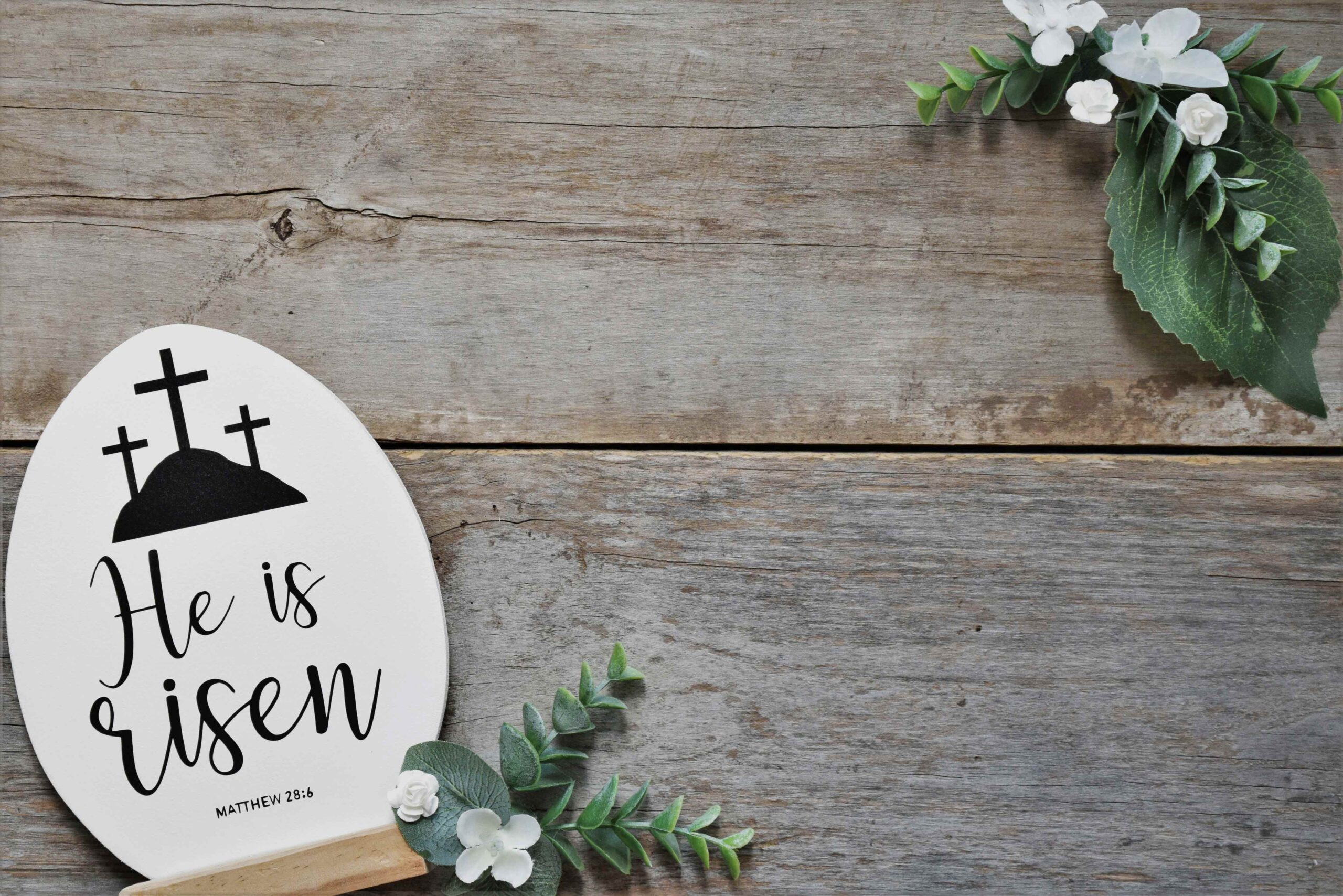The Article You Don’t Want to Read
LAURA PATTERSON | GUEST For the third time in five months, I found myself at the bedside of a dying family member. Yet again, I watched the regimented push of morphine and changing respiratory patterns that led to the death rattle. Apneas increased and lengthened, extra morphine was pushed, and that final breath—ready or not, it came. She went to her Father’s house on Father’s Day. My precious Granny was 86. Spoon-feeding her those final bites on earth felt so inadequate when I thought of all the ways she had fed me in my lifetime. Holding her cold, clammy hand on her deathbed could never match all the ways her hands had tenderly held me and my children. I felt helpless to provide the comfort and peace I longed to give her. She had lived a long life, but death still felt like an armed intruder. Death will always be an enemy in this life. But, to the one who will listen, death is perhaps the best teacher there is. The author of Ecclesiastes tells us this when he says, ”the day of death is better than the day of birth. It is better to go to the house of mourning than to go to the house of feasting, for this is the end of all mankind and the living will lay it to heart” (7:1-2). What can we learn from death and how can we pursue its instruction?...










